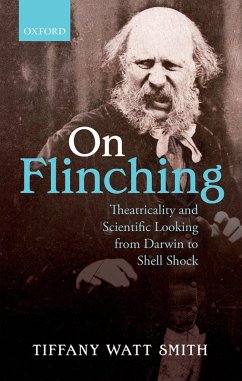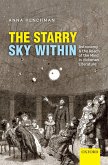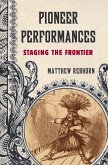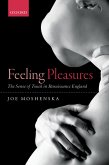While the end of the nineteenth century is often associated with the rise of objectivity and its ideal of a restrained observer, scientific experiments continued to create emotional, even theatrical, relationships between scientist and his subject. On Flinching focuses on moments in which scientific observers flinched from sudden noises, winced at the sight of an animal's pain or cringed when he was caught looking, as ways to consider a distinctive motif of passionate and gestured looking in the laboratory and beyond. It was not their laboratory machines who these scientific observers most closely resembled, but the self-consciously emotional theatrical audiences of the period. Tiffany Watt-Smith offers close readings of four experiments performed by the naturalist Charles Darwin, the physiologist David Ferrier, the neurologist Henry Head, and the psychologist Arthur Hurst. Bringing together flinching scientific observers with actors and spectators in the late nineteenth and early twentieth century theatre, it places the history of scientific looking in its wider cultural context, arguing that even at the dawn of objectivity the techniques and problems of the stage continued to haunt scientific life. In turn, it suggests that by exploring the ways recoiling, shrinking and wincing becoming paradigmatic spectatorial gestures in this period, we can understand the ways Victorians thought about looking as itself an emotional and gestured performance.
Dieser Download kann aus rechtlichen Gründen nur mit Rechnungsadresse in A, B, BG, CY, CZ, D, DK, EW, E, FIN, F, GR, HR, H, IRL, I, LT, L, LR, M, NL, PL, P, R, S, SLO, SK ausgeliefert werden.









